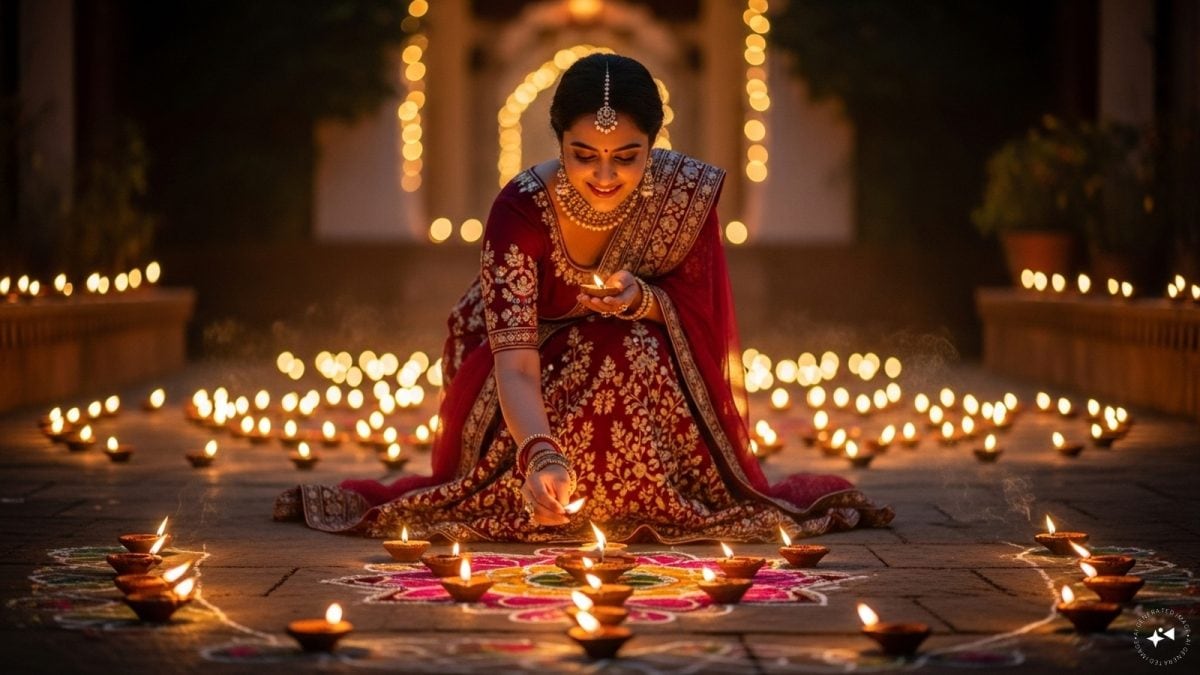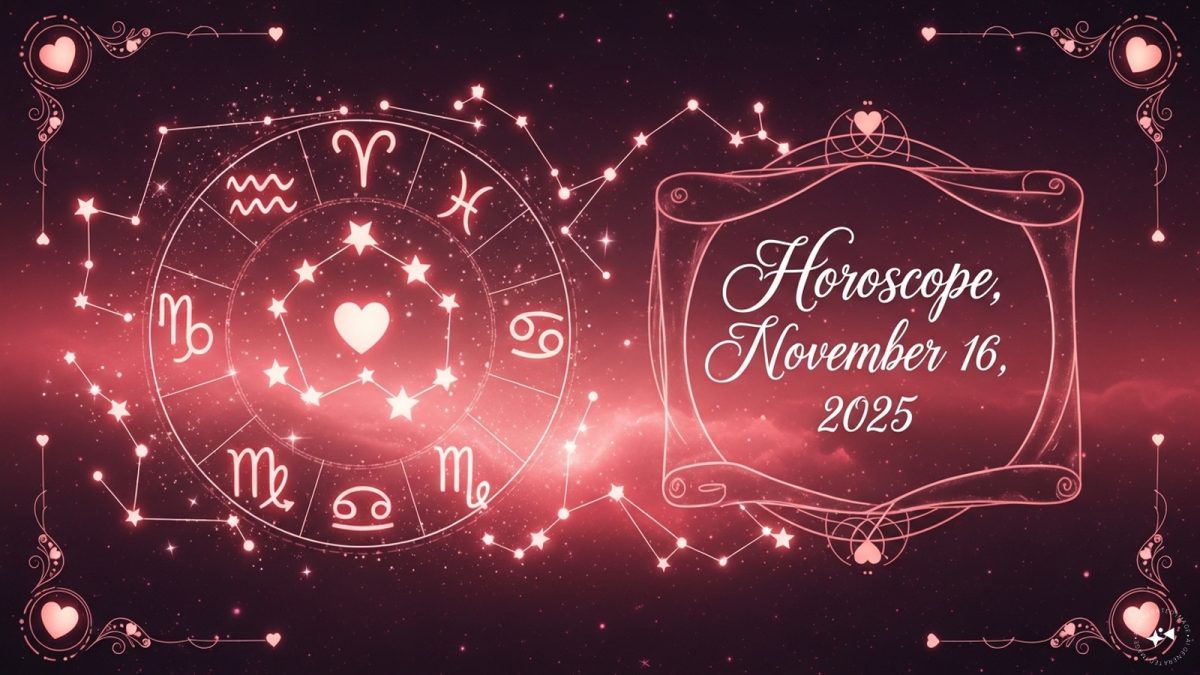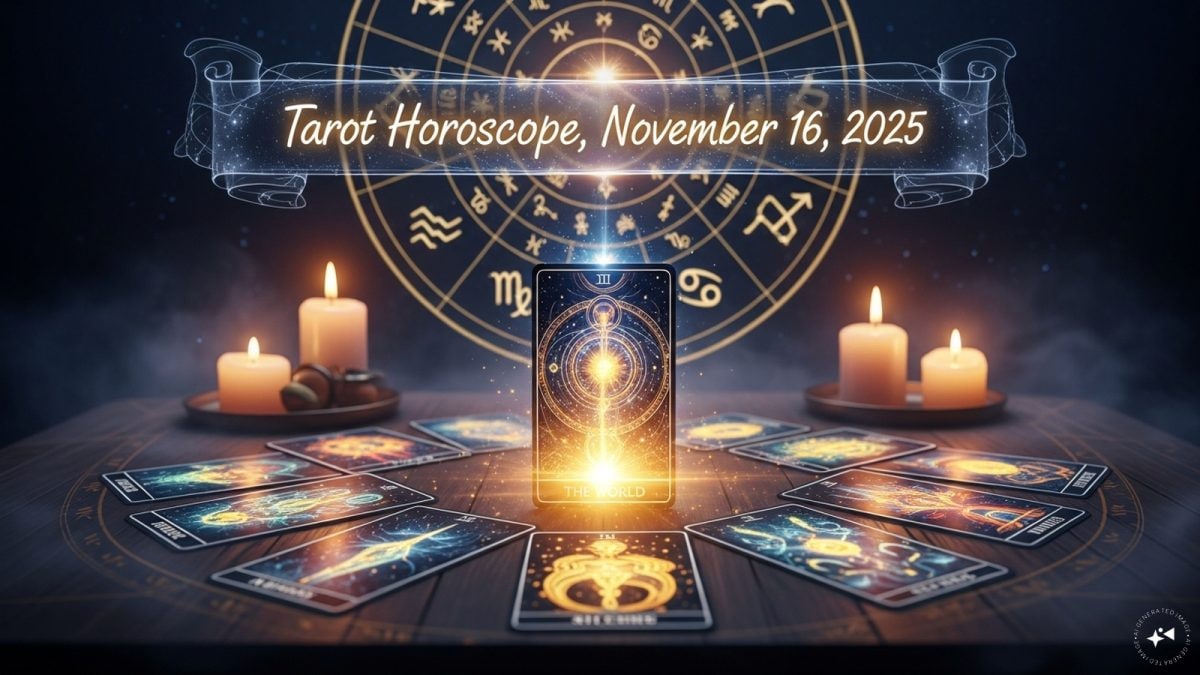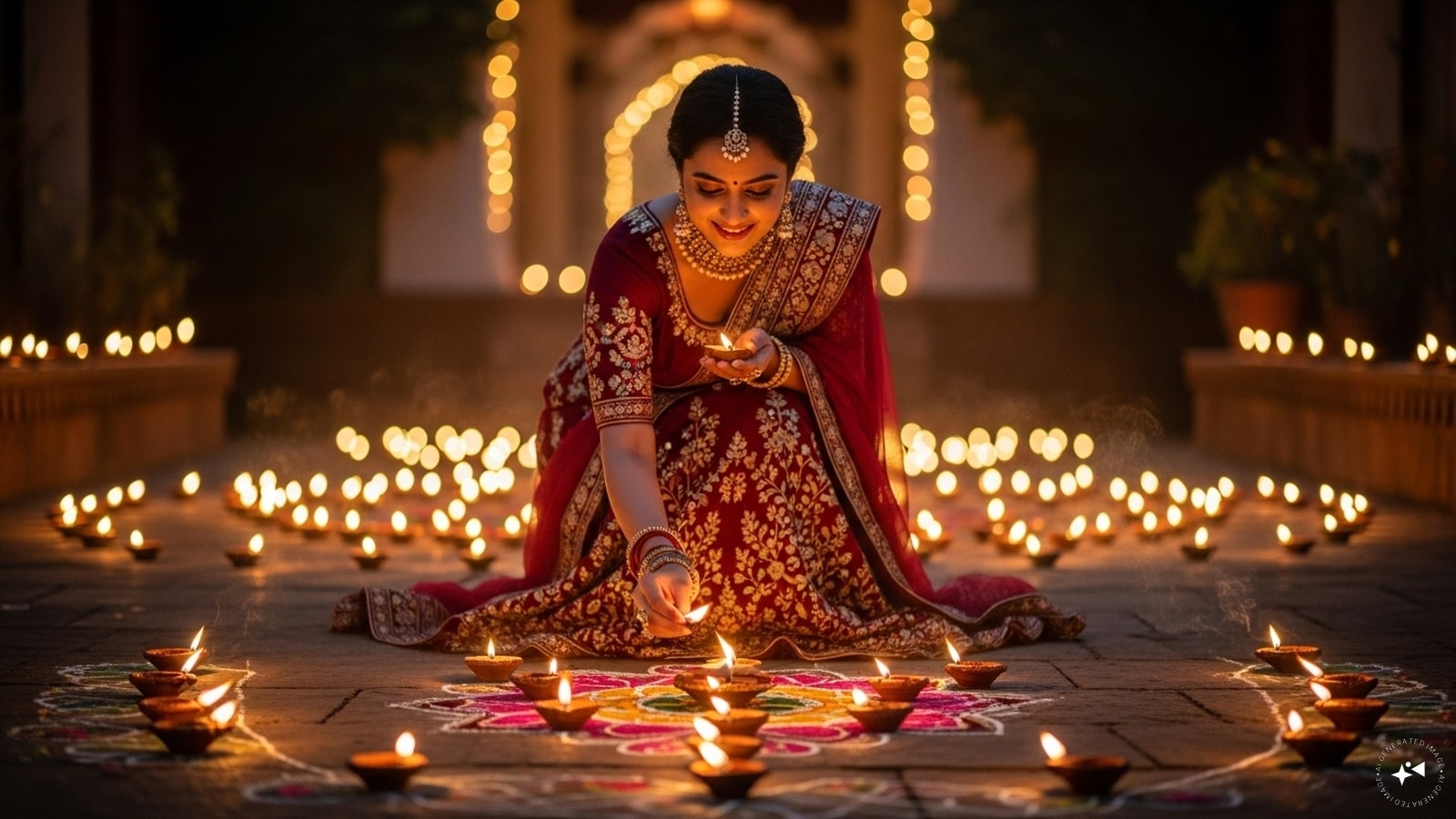
Diwali, one of the most significant festivals in India, is widely celebrated as the Festival of Lights. It symbolises the triumph of light over darkness and good over evil. On the night of Kartik Amavasya, people illuminate their homes with thousands of lamps, creating a breathtaking spectacle. The festival is deeply rooted in Hindu mythology, marking the return of Lord Rama to Ayodhya after a 14-year exile.
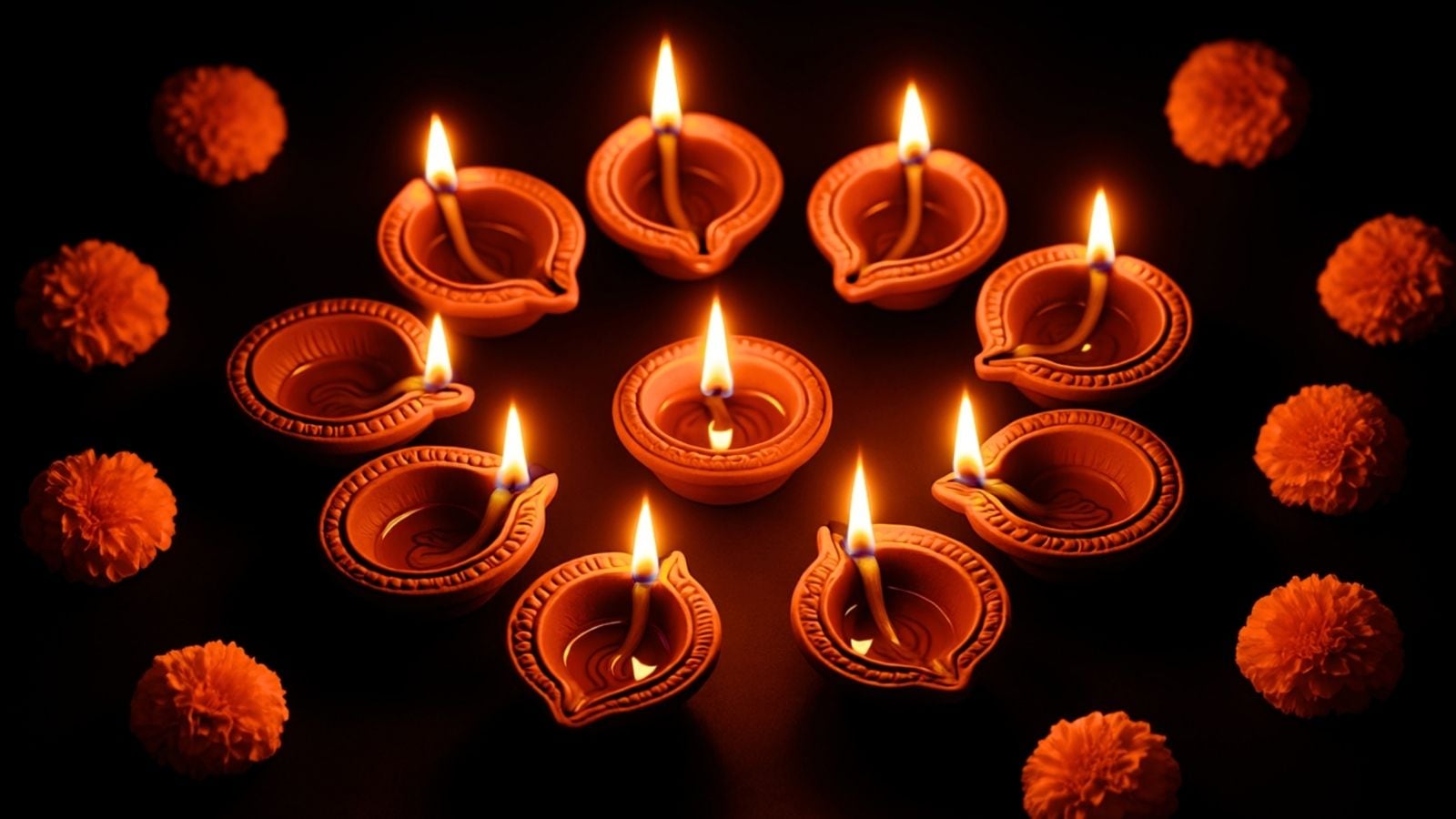
The Origin of Diwali Celebrations: According to legend, when Lord Rama returned to Ayodhya following his exile and victory over Ravana, the people of Ayodhya rejoiced by lighting oil lamps throughout the city and decorating streets and homes with flowers. This gesture of joy and reverence gave birth to the tradition that continues to this day. Decorating homes with lamps on Diwali has come to represent not only happiness but also prosperity and spiritual light.
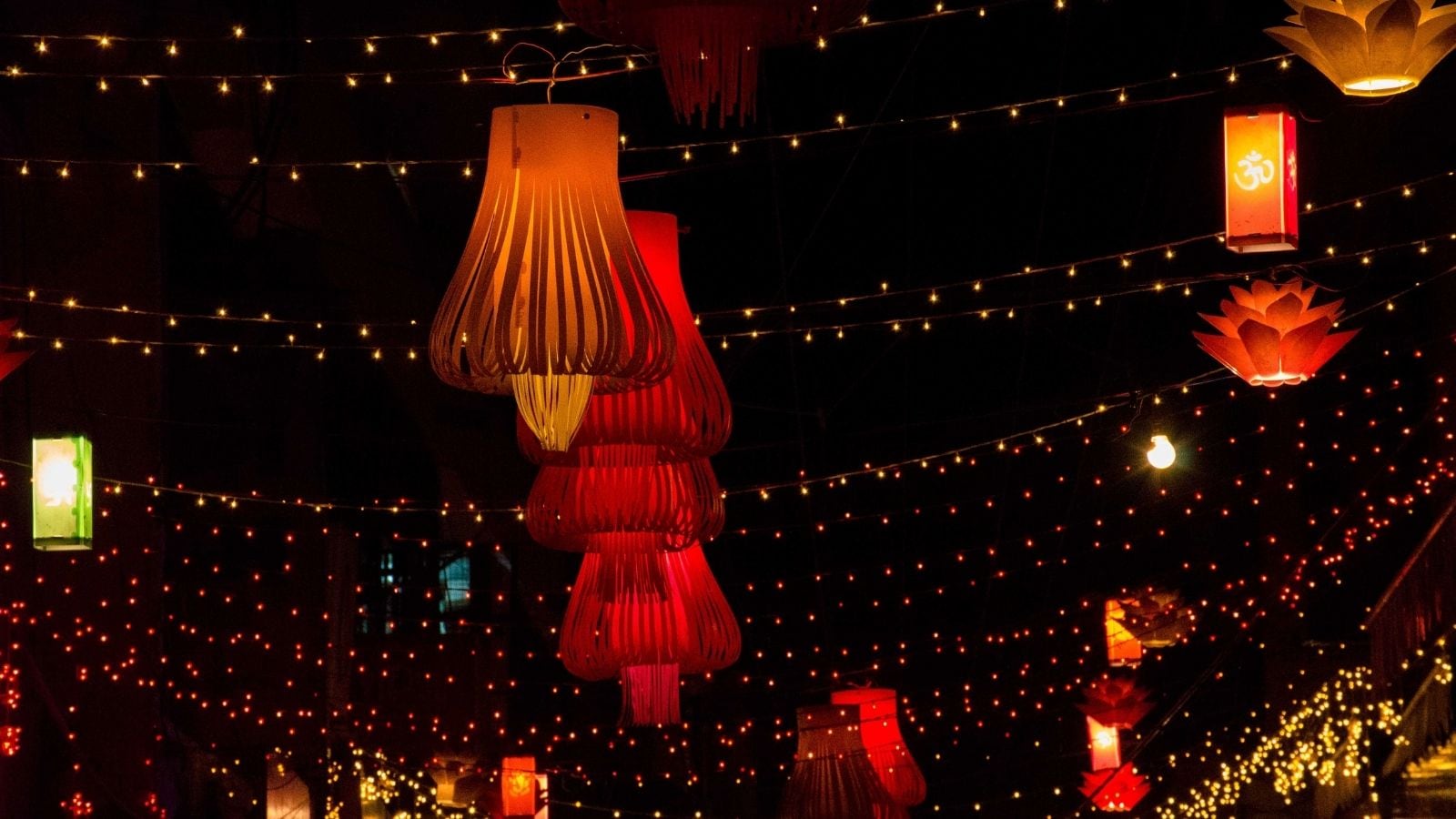
The Five Days of Diwali and Their Significance: Diwali is a five-day celebration, beginning with Dhanteras and concluding with Bhai Dooj. Each day carries its own religious and spiritual significance. Lighting lamps throughout this period is considered highly auspicious. The light from the lamps is not merely decorative; it is believed to dispel negative energies and usher in positive vibrations and divine blessings.
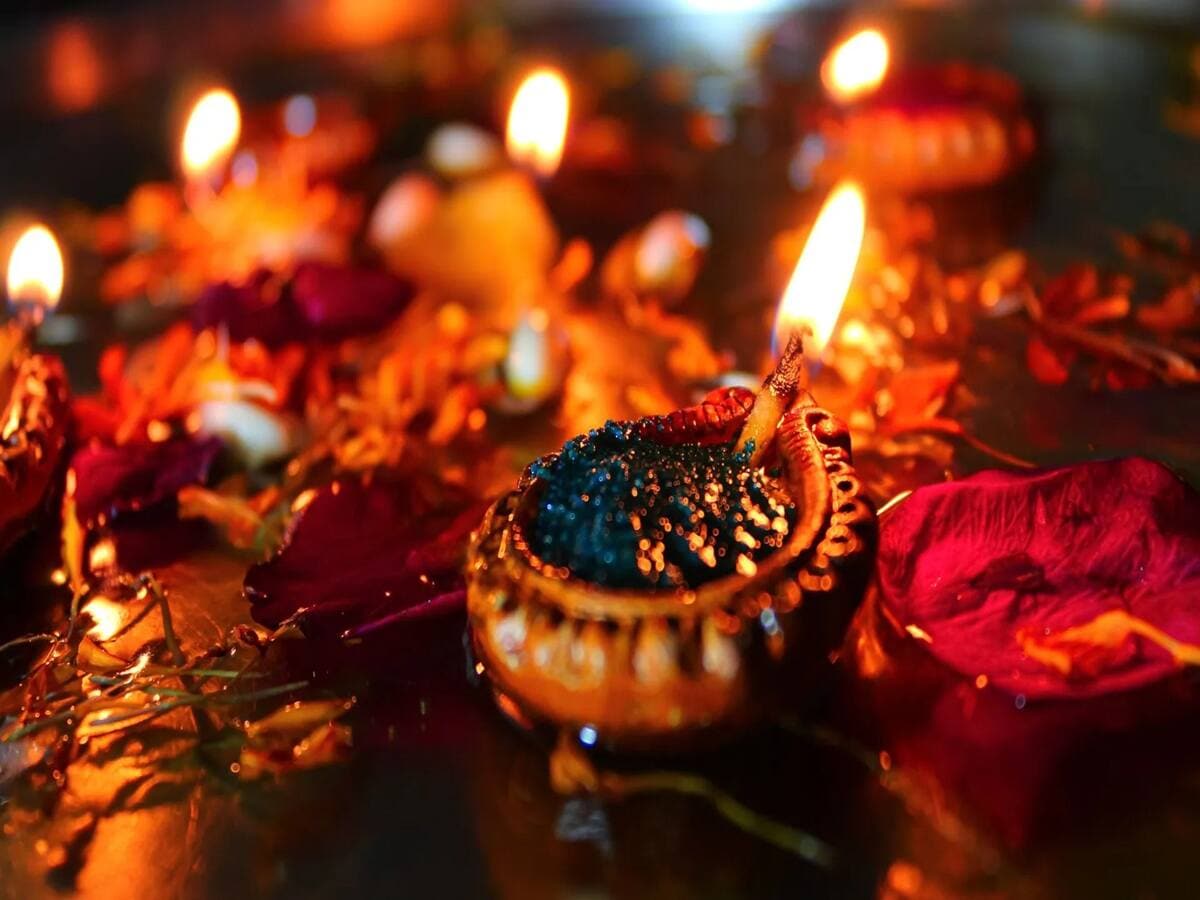
Religious Importance of the Number of Lamps: According to Hindu tradition, lighting an odd number of lamps on Diwali is thought to be most auspicious. Numbers such as 5, 7, 9, 11, 51, or even 101 lamps are commonly observed. At the very least, five lamps should be lit, as this is believed to attract wealth, prosperity, and divine favour. Typically, these lamps are lit using mustard oil, which holds particular mythological and spiritual value.
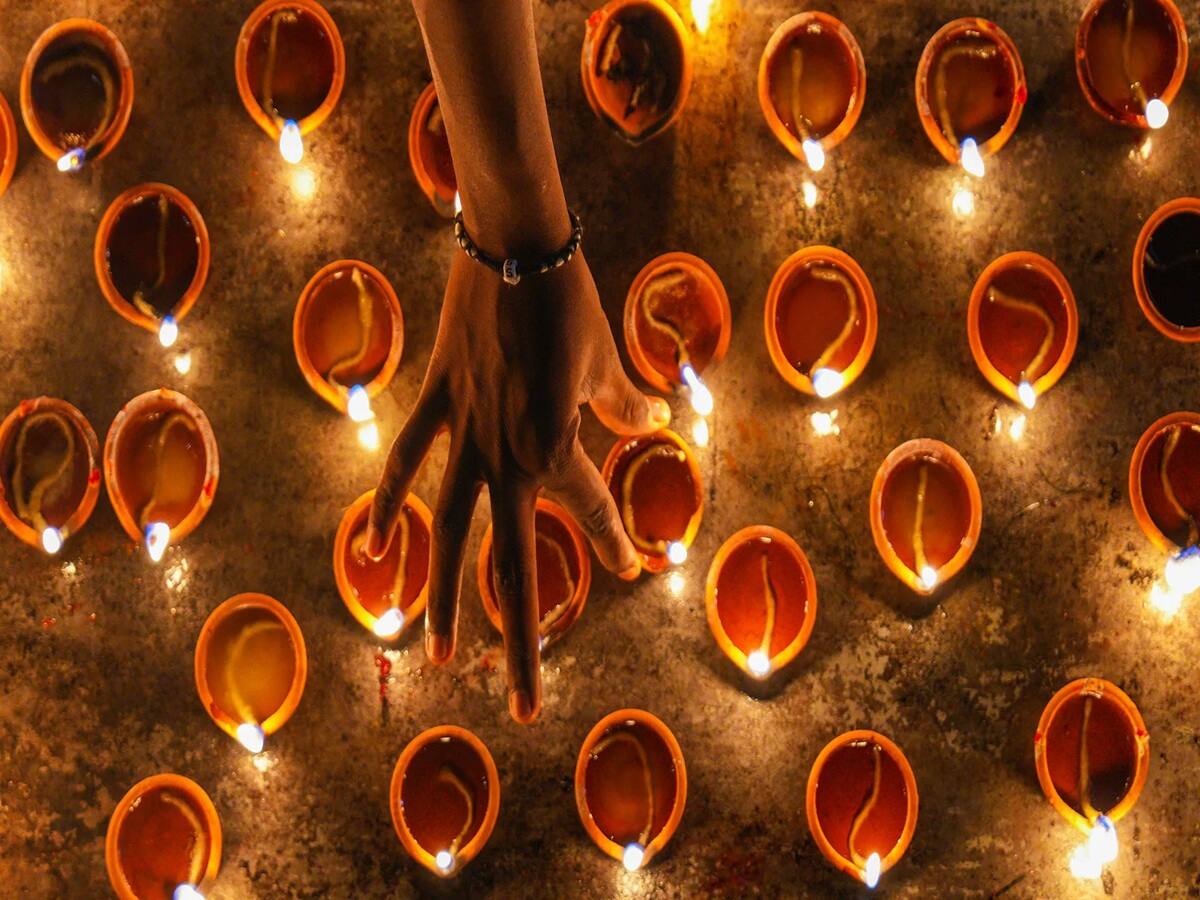
Where and in Which Direction to Place Lamps: Scriptures suggest that lamps should ideally be placed in the north or north-east direction, which are considered the most auspicious for attracting wealth, health, and peace. Placing lamps at the main entrance of the house and in the kitchen is also encouraged, as it is said to welcome the blessings of Goddess Lakshmi, remove financial obstacles, and invite auspicious energy into the home.
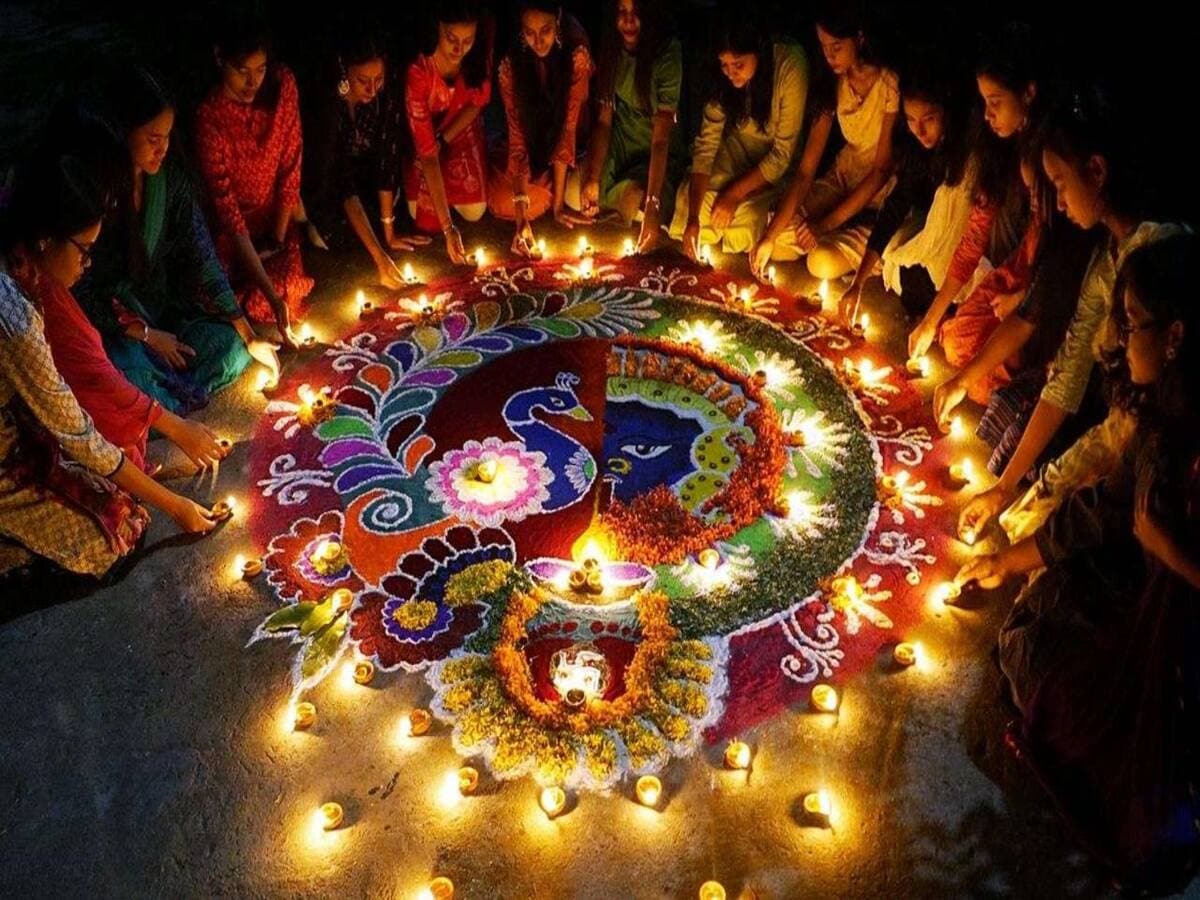
When and How to Light the Lamps? The most appropriate time to light lamps is in the evening, after Lakshmi Puja. Before lighting, the home should be thoroughly cleaned, adorned with rangoli, and decorated with flowers. While lighting the lamps, one should focus the mind on the divine and offer prayers for the peace and happiness of the family. This mindful and respectful approach is believed to allow positive energy to flow into the household.
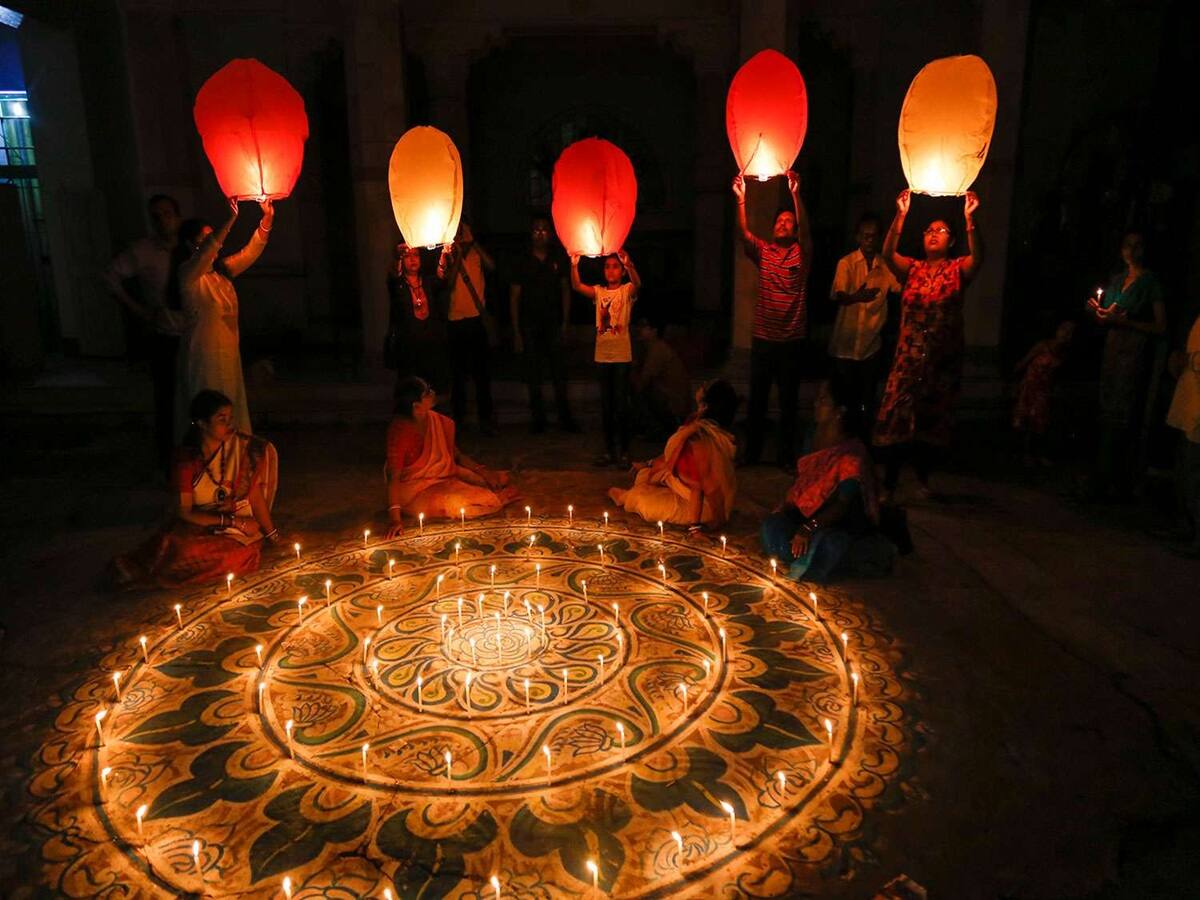
Spiritual and Emotional Meaning of Diwali: Diwali is not merely a festival of celebration; it carries a profound spiritual and emotional significance. Lighting a lamp is symbolic of banishing the darkness of ignorance and welcoming the light of knowledge, love, and inner peace. Every lamp lit during Diwali represents a new beginning, a fresh hope, and the courage to move forward in life.
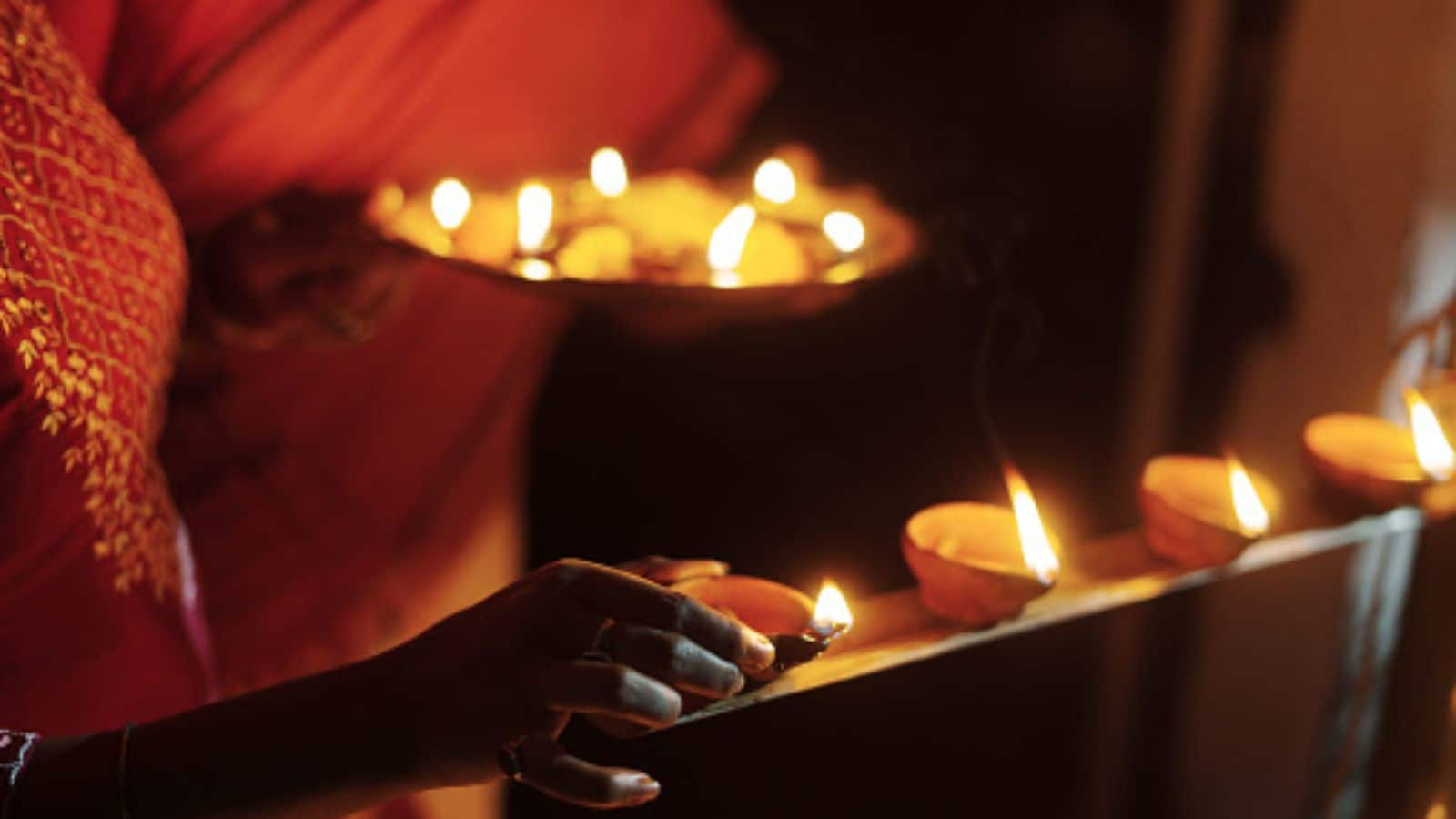
Diwali as a Path to Wealth and Well-being: It is widely believed that the lamps lit during Diwali invite Goddess Lakshmi into the home. Hence, it is essential to approach the festival with a pure heart and a spiritual mindset. Each lamp brings not only light but also abundance, blessings, and prosperity into one’s life. Diwali is, therefore, not just a festival of physical light but also a journey of inner and spiritual illumination.
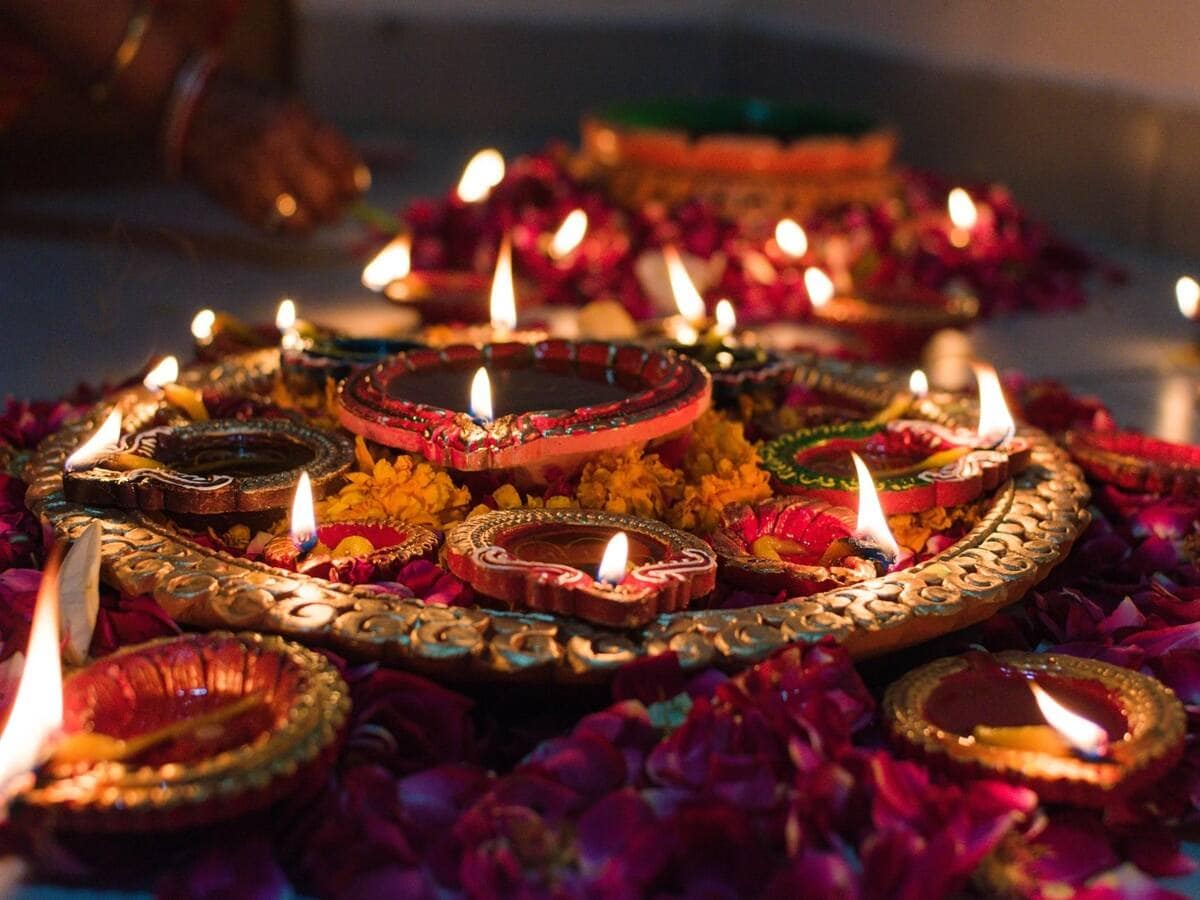
Celebrating Diwali with Awareness and Intention: When Diwali is celebrated with awareness, knowing the correct timing, direction, and number of lamps to light, and with a sincere, pure heart, it can bring about real positive transformation. This festival paves the way to peace, prosperity, and spiritual growth, as it guides us from the darkness of ignorance to the light of wisdom.


